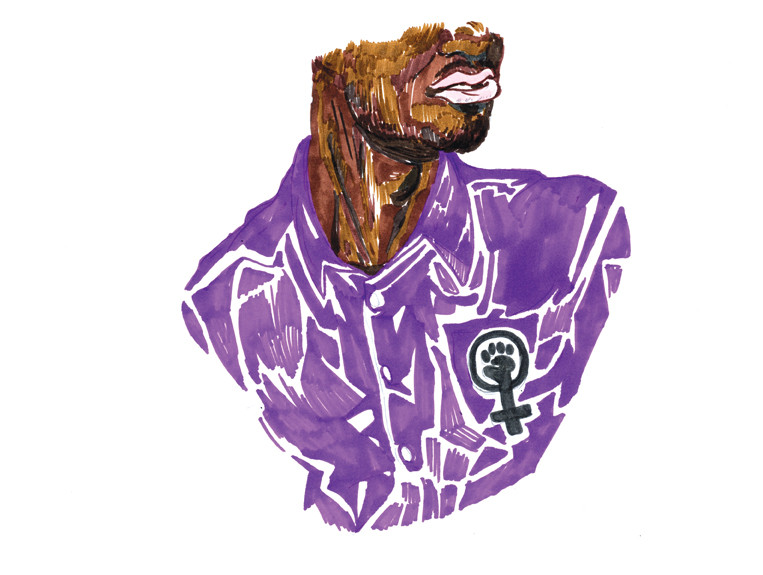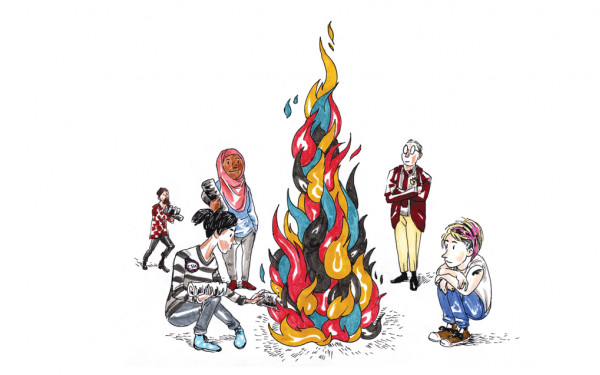Editorial: The Place for Men in Feminism
At this year’s Another Word for Gender series, a truth emerged about the question of space for men in feminism. While Glen Canning told us that both men and women came to his support following the death of his daughter Rehtaeh Parsons, men most often expressed their grief over the loss of a child.
It was almost exclusively women who came with the message that there is an injustice happening that must be made right.
In the case of Rehtaeh Parsons, many—including columnists in major Canadian media—came out to publicly blame the victim, to say that “boys will be boys.”
Just how much blame are we willing to pass off to an incapacitated person? The aggressor in sexual assaults, which the numbers show are almost all men, must also take responsibility for their actions. A community of apologists only deepens the problem.
Canning went on to talk about the Support the Boys campaign, which he says was started in Cole Harbour, Nova Scotia by a sister of one of the boys who was in the house the night of Rehtaeh’s assault, to show that their friends and family supported them and believed they had done nothing wrong.
It’s not such a far cry from news reporters lamenting the destroyed athletic potential of the boys involved in the Steubenville rape case.
The argument is “she got drunk, whatever happened next is her fault”—even if she passes out and becomes completely vulnerable. It’s the logic that makes sharing around a photo that can destroy someone’s life seem like acceptable punishment for being in that situation.
But it’s a sick, twisted logic that looks at sexual assault in a vacuum.
As Canning said in his talk, why are the victim and their parents blamed, with no thought given to asking about how the aggressors were raised?
Why are men still given this social free pass to be dominating, violent beings?
When a person is more likely to be sexually assaulted by someone they know than by a stranger, it’s alarming that popular opinion seems to deny it whenever a case surfaces. This creates negative feedback, with survivors unwilling to come forward because of its possible futility—or that things might get worse.
It’s easy to brush all this off, to say that none of this applies to you if you’re not the one doing the assaulting. But it’s this culture of victim blaming that can be deadly—the notion that “she’s asking for it” based on her look or attitude.
Putting the notion in a male context—that “he’s walking around looking to get raped”—sounds utterly absurd. And that’s because we haven’t been desensitized to such a ridiculous notion.
Finding a space for men in feminism means making a man’s space feminist. It means rejecting the notion that survivors of sexual assault are the problem.
It means owning up to the responsibility you have in maintaining a safe environment for your fellow students.
If you hear someone catcalling, confront them about it. If your friend is trying to take home someone who doesn’t know where they are, say something. Widening the responsibility for consent to be shared by both partners is a social shift—something that requires time and a real change in perspective.
But it’s one that will leave us all safer and healthier. And maybe then we can lower the statistic that one in four students are sexually assaulted during their time at university.



7_600_375_90_s_c1.jpg)
5_2_600_375_90_s_c1.jpg)

